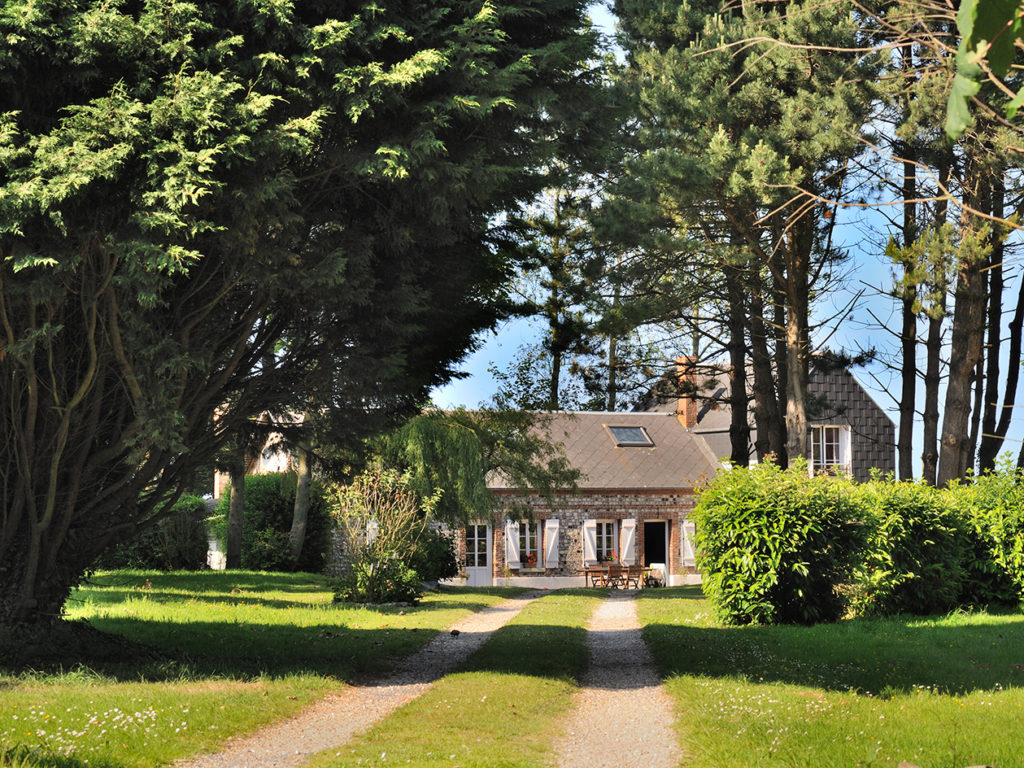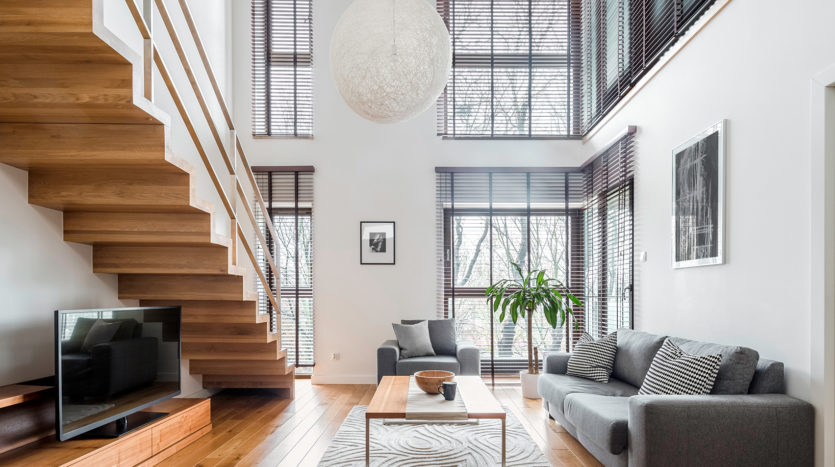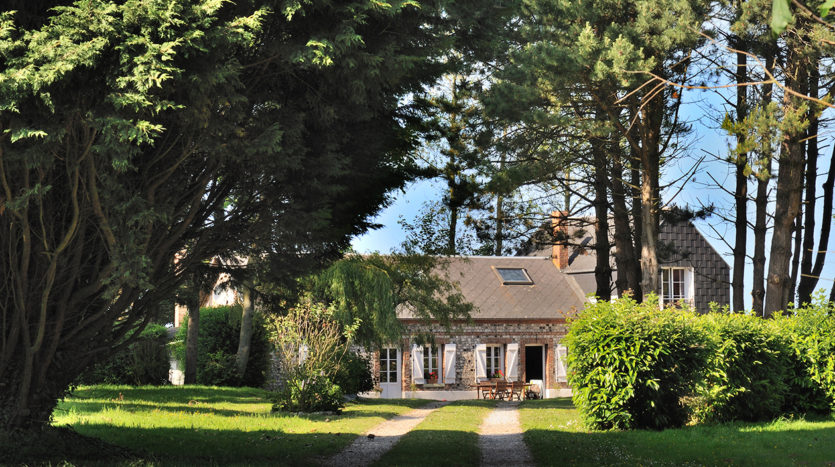Real Estate Buyers: The Criteria Favored at The Start of The 2021 School Year
The French real estate buying habits have been disrupted by a year and a half of health crises. City residents desire to go out of town, so housing demand is higher and includes more outside features. In other words, real estate brokers and rental investors must adjust their offerings to match the actual need.
To figure it out, Se Loger conducted a research that revealed the criteria by which the majority of people say they are contemplating a real estate project for the end of 2021. The research, which included 3,000 potential buyers who had already started the process with a real estate agent, revealed a pattern that may be summarized in four major areas.
# 1 More than one in two projects involves a house
As previously said, this tendency, which was initially observed in 2020 following the first imprisonment, seems to be gaining traction. Unfortunately, purchasers prefer houses over big flats because of the greater volume and, of course, since balconies and terraces are often accompanied with a much-desired green garden.
Smaller surfaces will likely be less affected by this trend, since they are often acquired due to a lack of more significant resources or by a population that deliberately seeks them out: young people and investors, as well as the elderly looking for accommodation in the city. I’m closer to the city’s medical services and don’t require as much space.
Working individuals who have done telework are especially impacted by the need for a house, according to the Se Loger research, with the 35-49 age group leading the way. Only one out of every four individuals is searching for a place to live. It’s also worth noting that some Ile-de-France people want to relocate to another area.
# 2 The campaign sees its interest quadruple

Which leads us to the second point: the allure of the countryside, as well as the urban migration witnessed, affects all of France’s main cities, not only Île-de-France. According to Se Loger, a third of buying initiatives are aimed at cities with less than 20,000 residents, and 20% of buyers desire to relocate to the countryside.
This isn’t a rejection of cities in general; rather, it’s a desire to incorporate less crowded cities or their vicinity. The French want to find less traffic congestion and more greenery while maintaining a degree of leisure, culture, and the ability to provide a decent education for their children. This tendency seems to be long-term, and it began before to the health crisis, which just broadened its reach in a short period of time.
Cities like Angers, Libourne, Le Mans, and Laval, which were previously less popular, are now acquiring residents, mostly from larger metropolises in the same area. Real estate prices, which are lower than in other cities of similar size, are undoubtedly linked. The majority of purchasers are between the ages of 30 and 45, and they want to live near train lines and have a high-speed Internet connection.
# 3 More spacious accommodation
The continuous proximity with the other members of the family, which may be taxing throughout the different confinements, has a direct effect: demands for housing include one more room than usual. The rise of teleworking and the necessity to set up a home office may also be attributed to this trend.
We may expect this to have a beneficial effect on the sale of products in the old, while still allowing for work to be done (81 percent of buyers are open to it). It’s more difficult to add a room to a new home when all of the components fit the existing lifestyle and there is no wasted space. Significant budgets, on the other hand, may encourage buying new products with the required amount of components.
# 4 The budget is not of particular concern
Our culture and economy have adjusted to a somewhat altered functioning after eighteen months of the health crisis. Worries are no longer a factor, and consumption, as well as investment and employment, has increased.
This is likely why 24% of buyers and 21% of sellers anticipate an increase in buying power by the end of the year. In April 2020, there were just 11 percent and 8%, respectively! Furthermore, more than half of them strive for financial security.
The real estate industry is still booming, and prices are rising. However, since, as previously said, the French are flocking to less popular cities, this has little effect. They are therefore able to get their ideal garden as well as the additional space they need for the same price.
Se Loger’s study is intriguing since it is likely to inspire real estate agents to evaluate their content after reading it. For example, by using the windfall to relocate to a less competitive industry that is becoming more popular with consumers. Alternatively, by focusing (and allocating greater resources) on discovering products that are better matched to shifting demand. It’s a must-follow trend!



